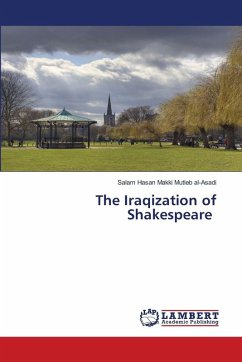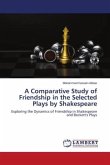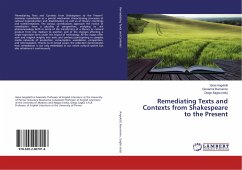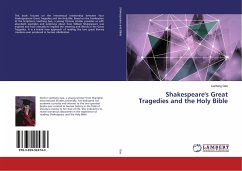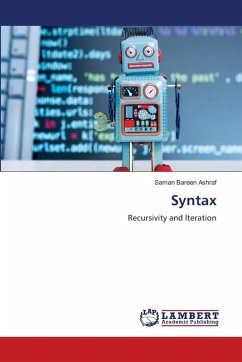For over fifty years, Shakespeare's timeless dramas have resonated profoundly with Iraqi playwrights. This groundbreaking study delves into four pivotal Iraqi adaptations, comparing them with Shakespeare's originals to reveal a unique cultural dialogue. It charts how Iraqi writers have wielded Shakespeare's texts as potent mirrors, reflecting their own turbulent social and political landscapes-both before and after the seismic 2003 invasion. Focusing on Foget Hamlet (1991) and Sedra (1999) from the pre-invasion era, and Romeo and Juliet in Baghdad (2012) and Shakespeare's ISIS Women (2020) created after, the book meticulously analyzes the transformative power of adaptation. Applying Linda Hutcheon's theory, particularly the crucial question "Why?", it investigates the social, ethical, cultural, and political forces driving Iraqi writers to reimagine the Bard. The book uncovers a striking evolution: adaptations before 2003 often cloaked criticism in obscurity, while those forged in the invasion's aftermath are startlingly direct.
Bitte wählen Sie Ihr Anliegen aus.
Rechnungen
Retourenschein anfordern
Bestellstatus
Storno

